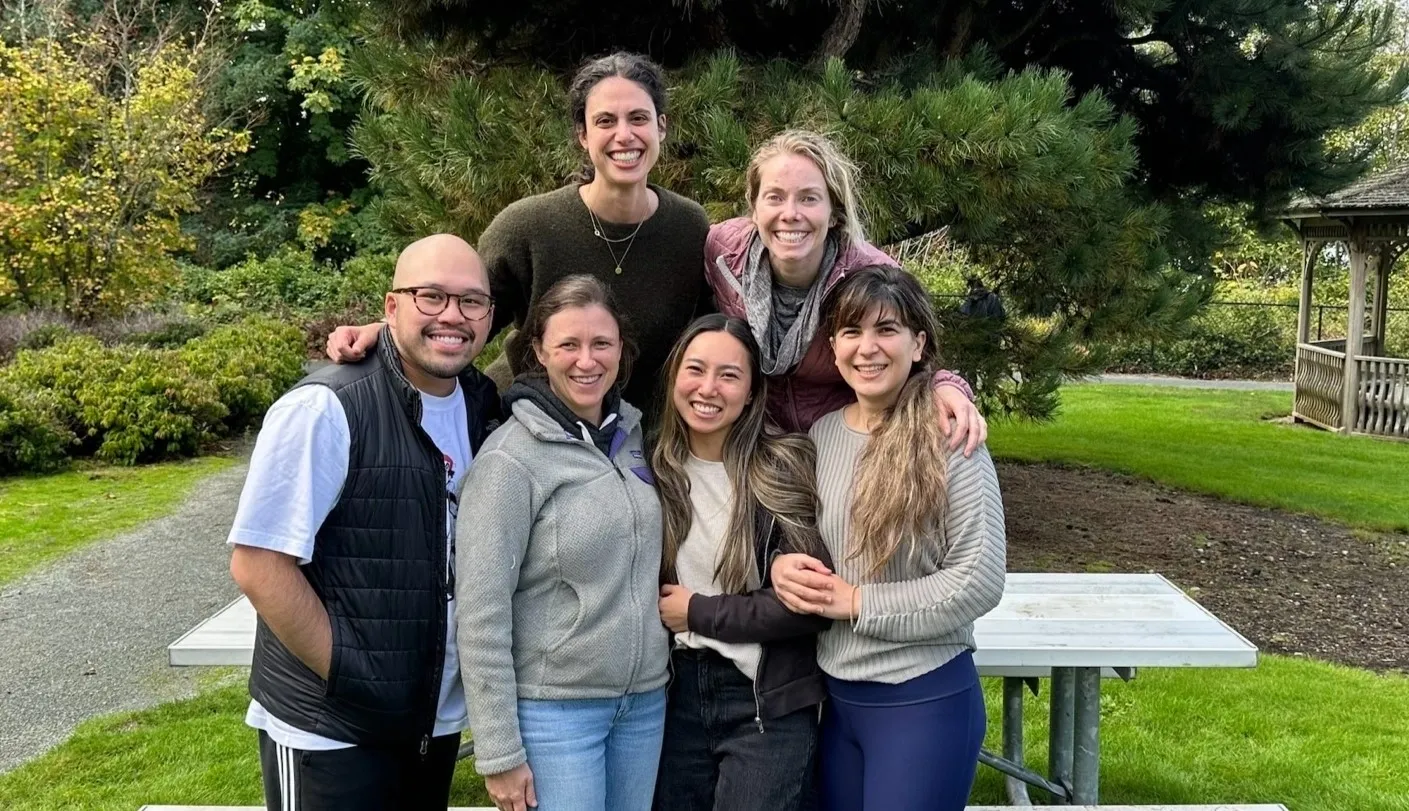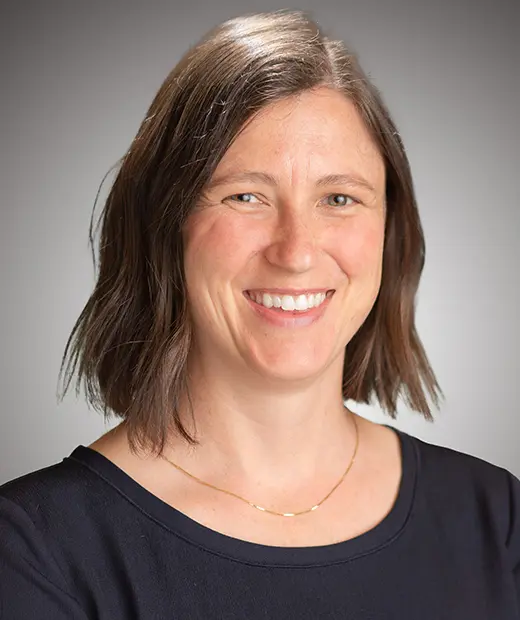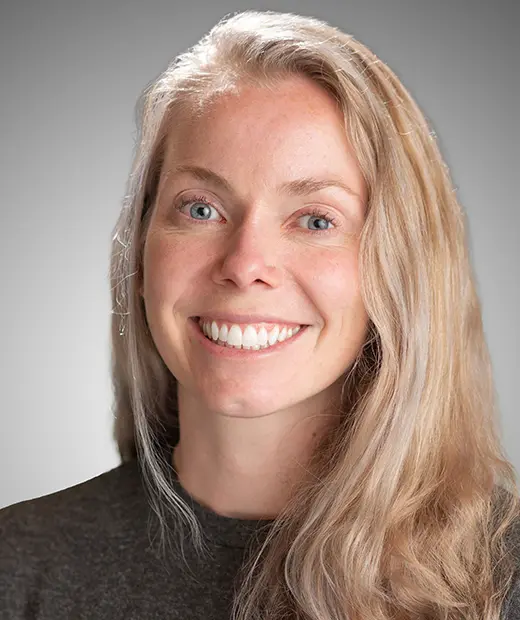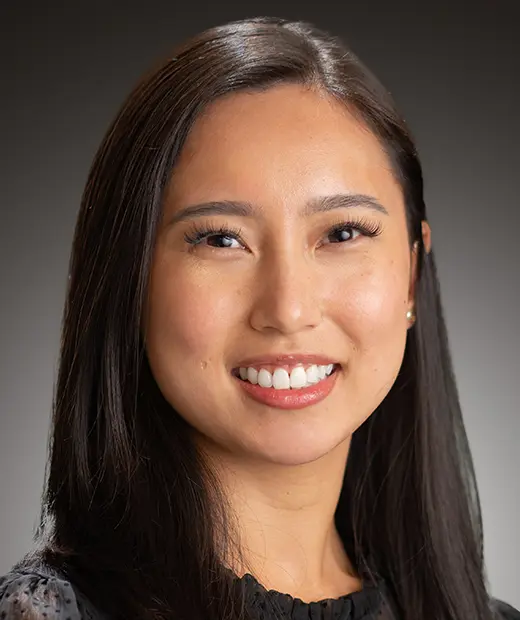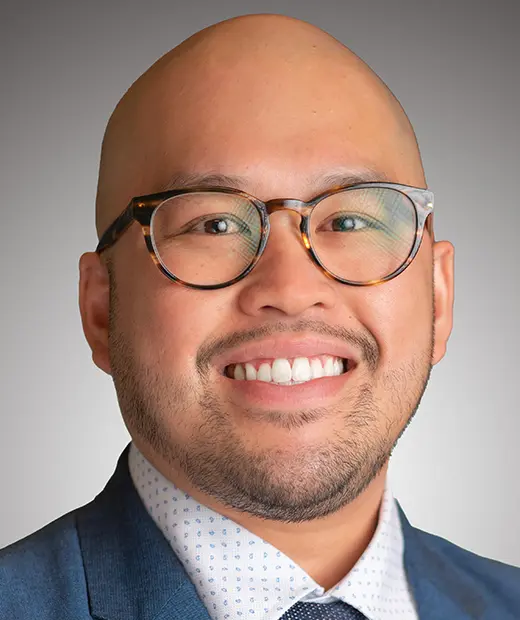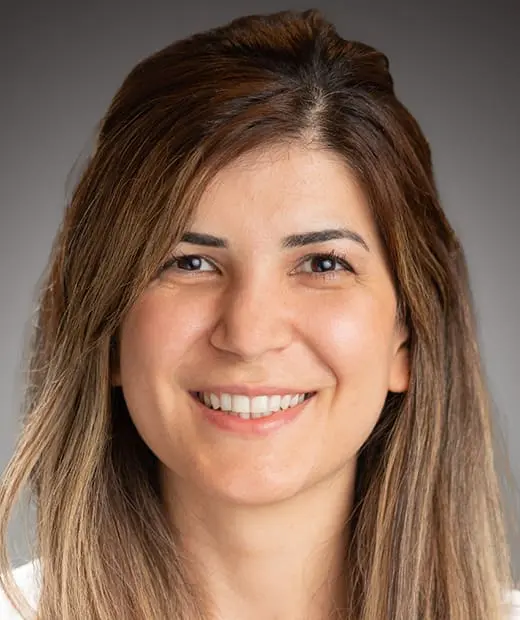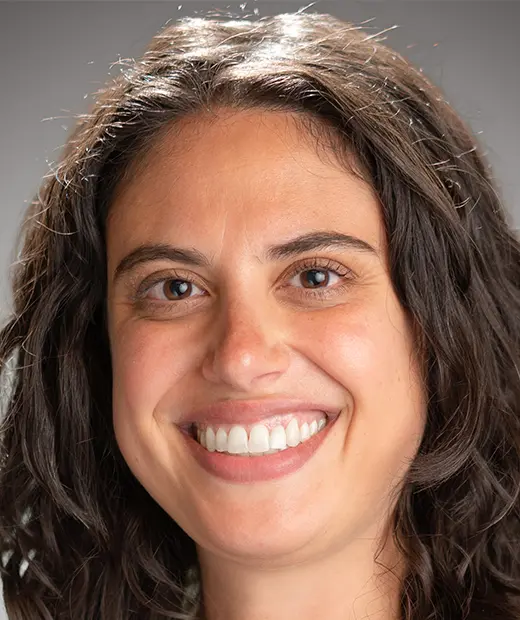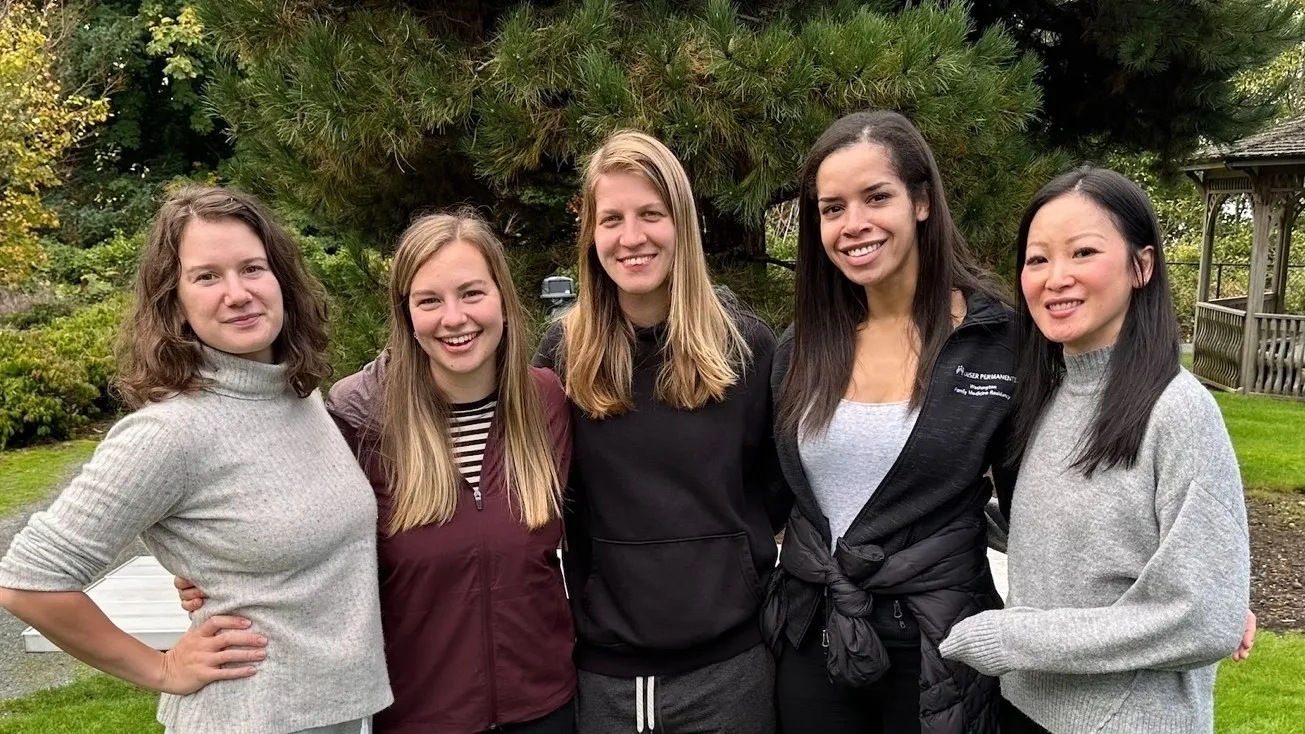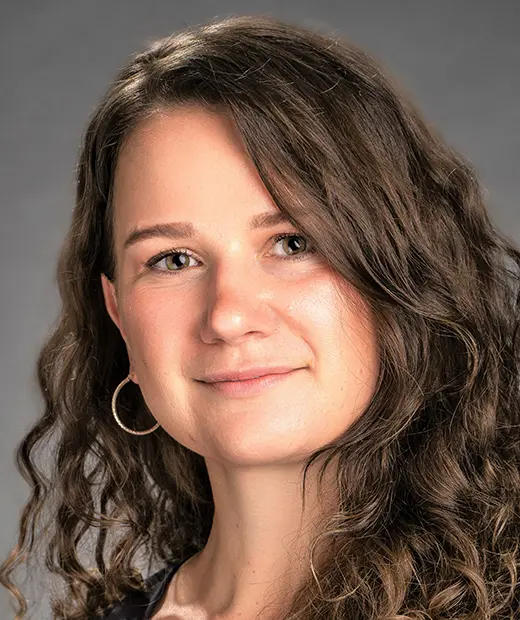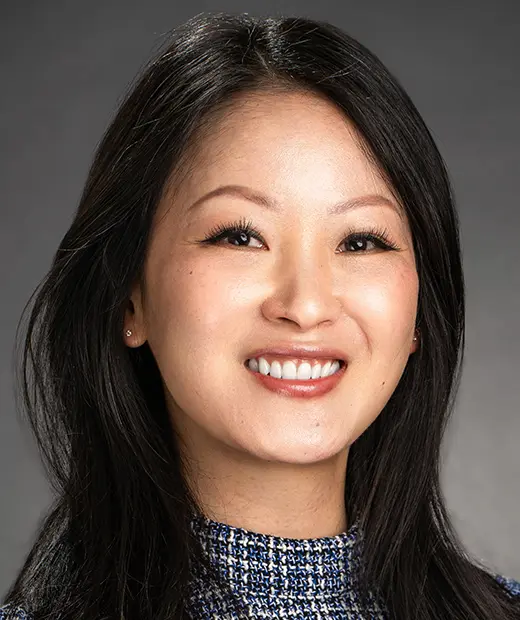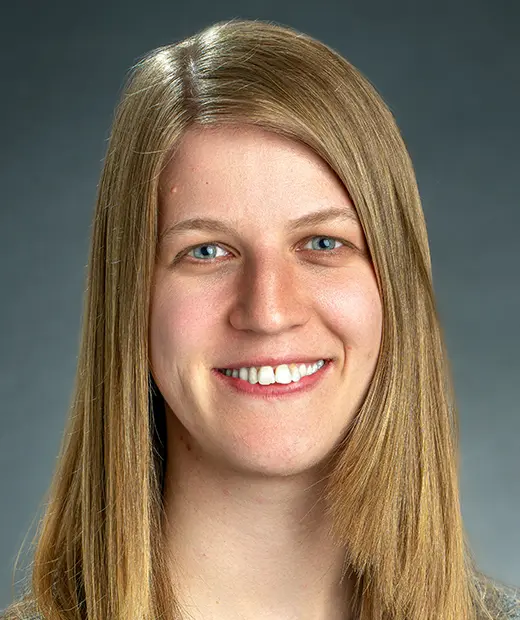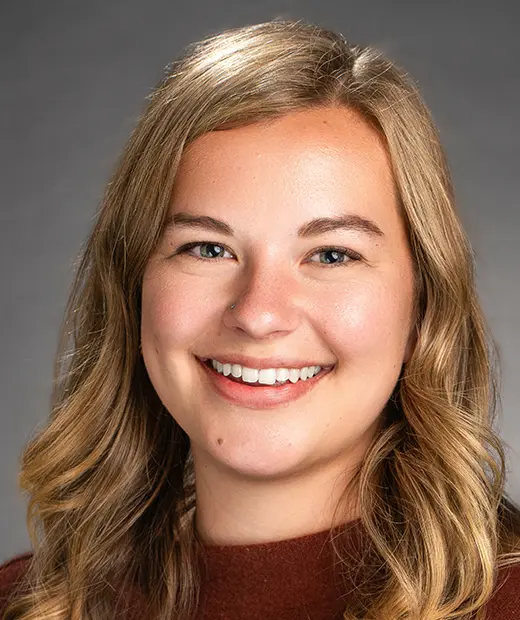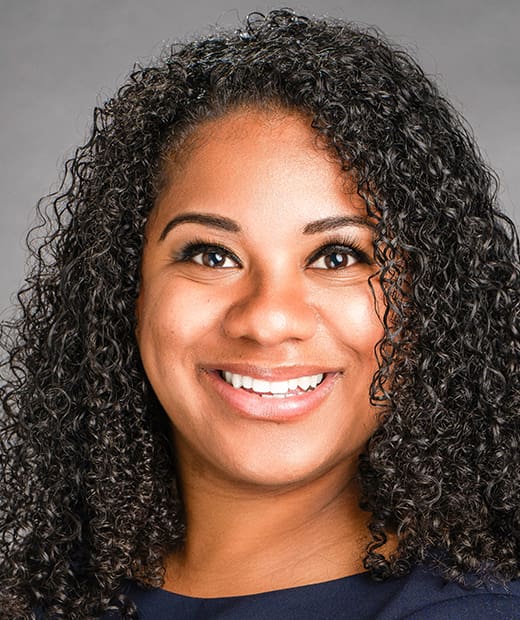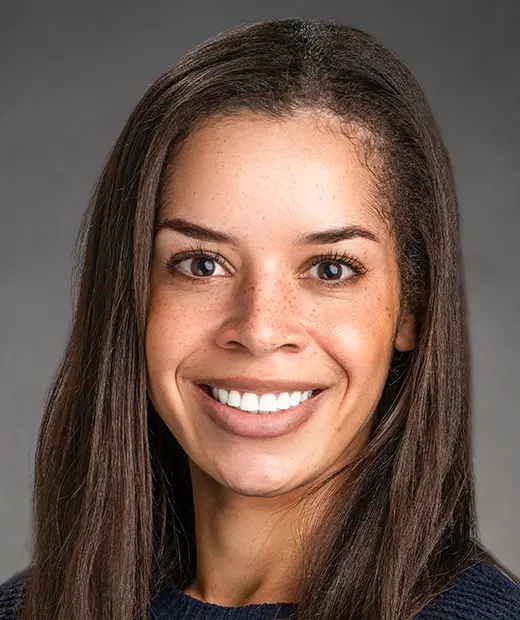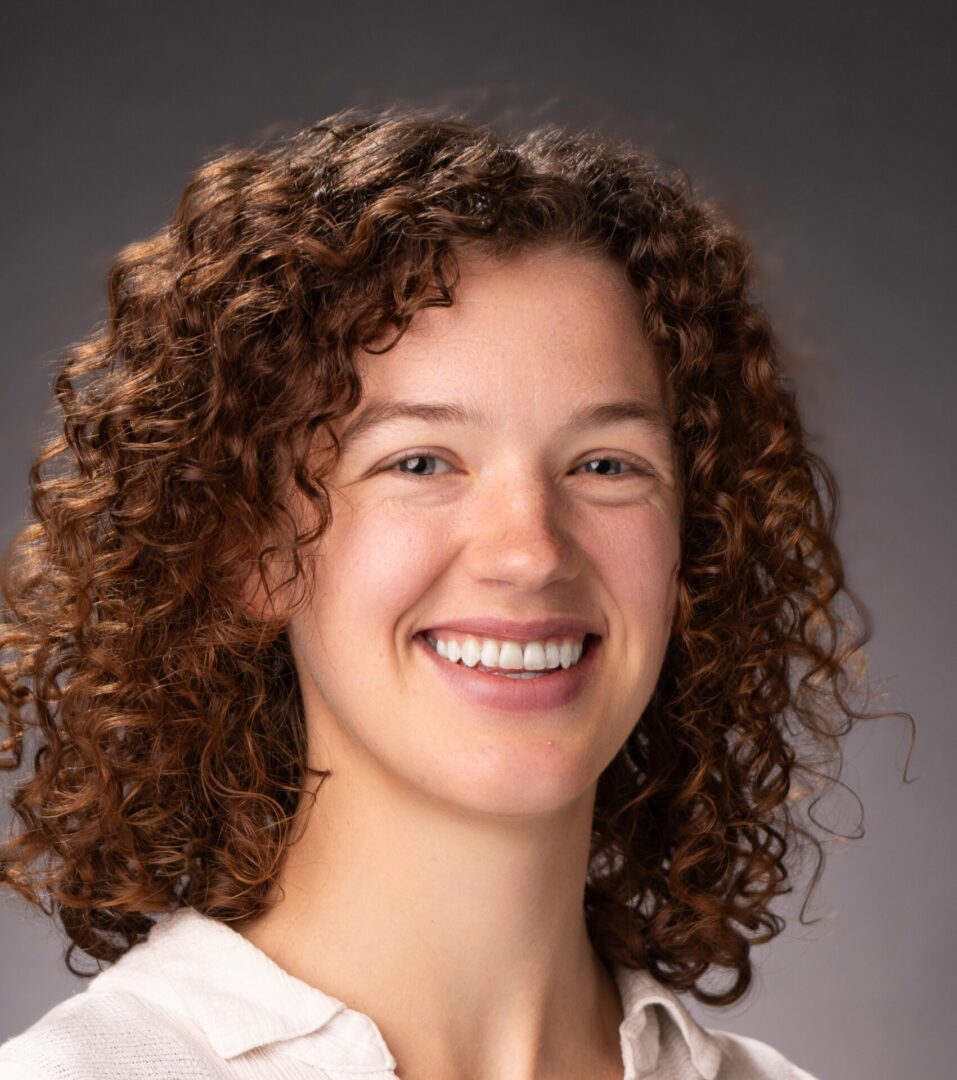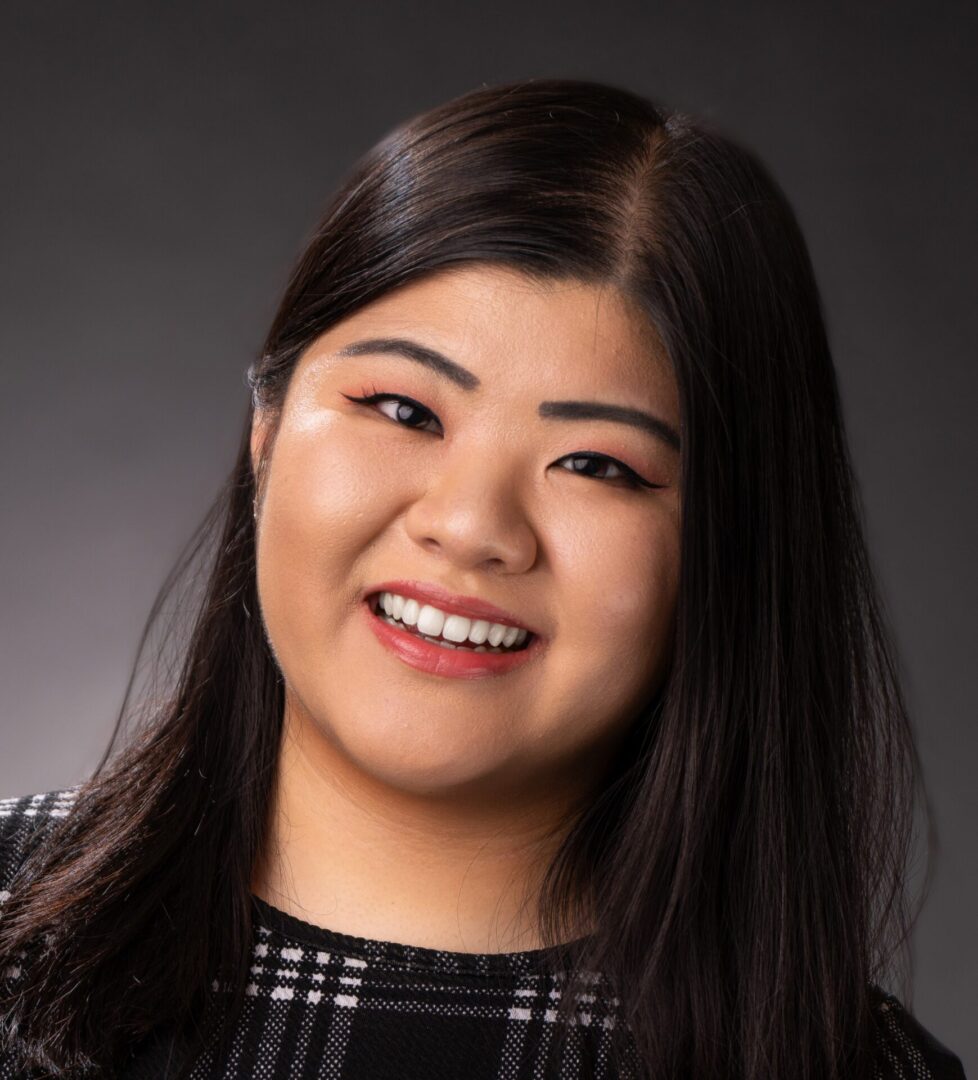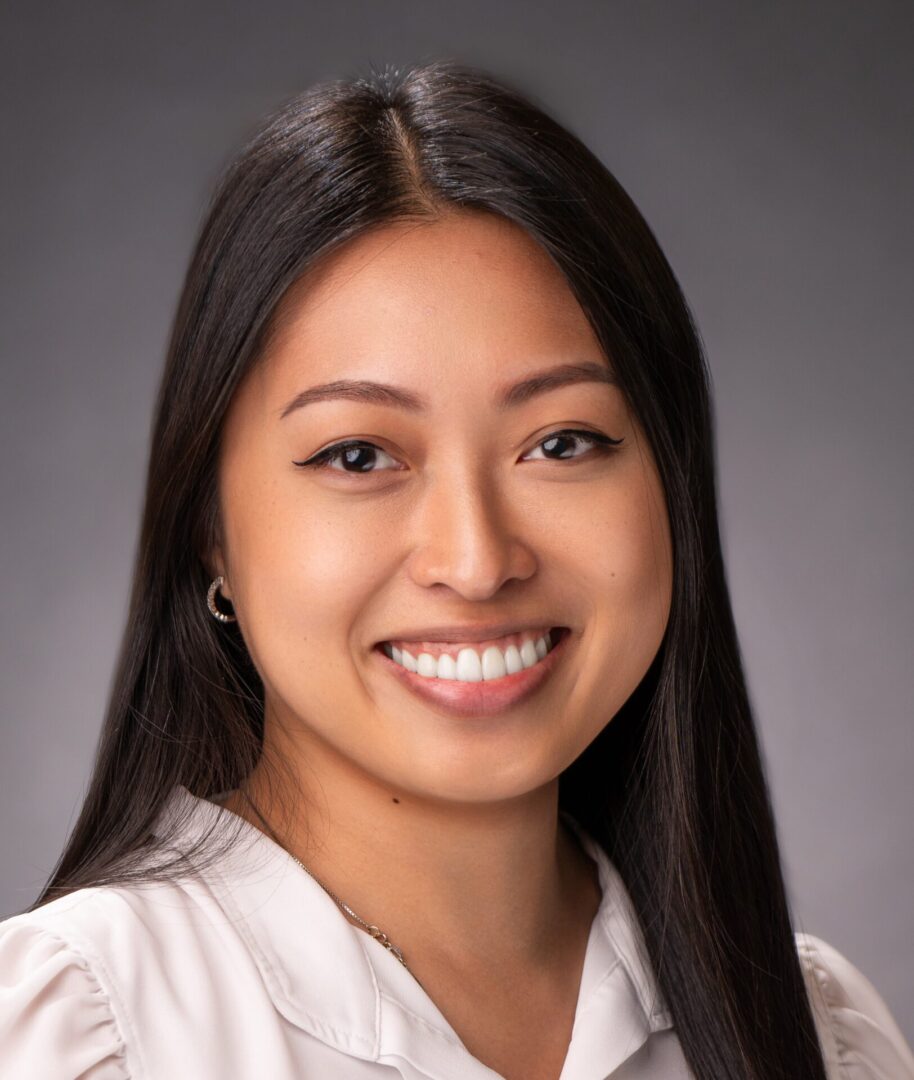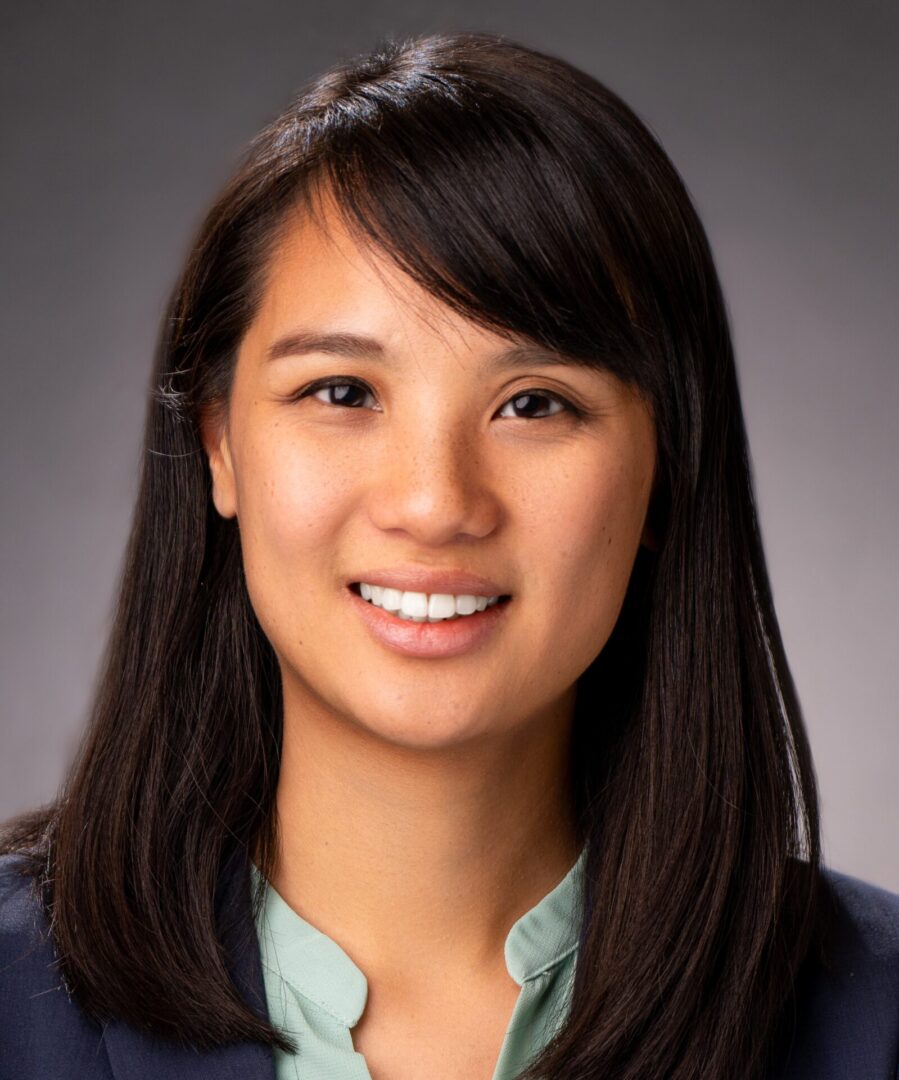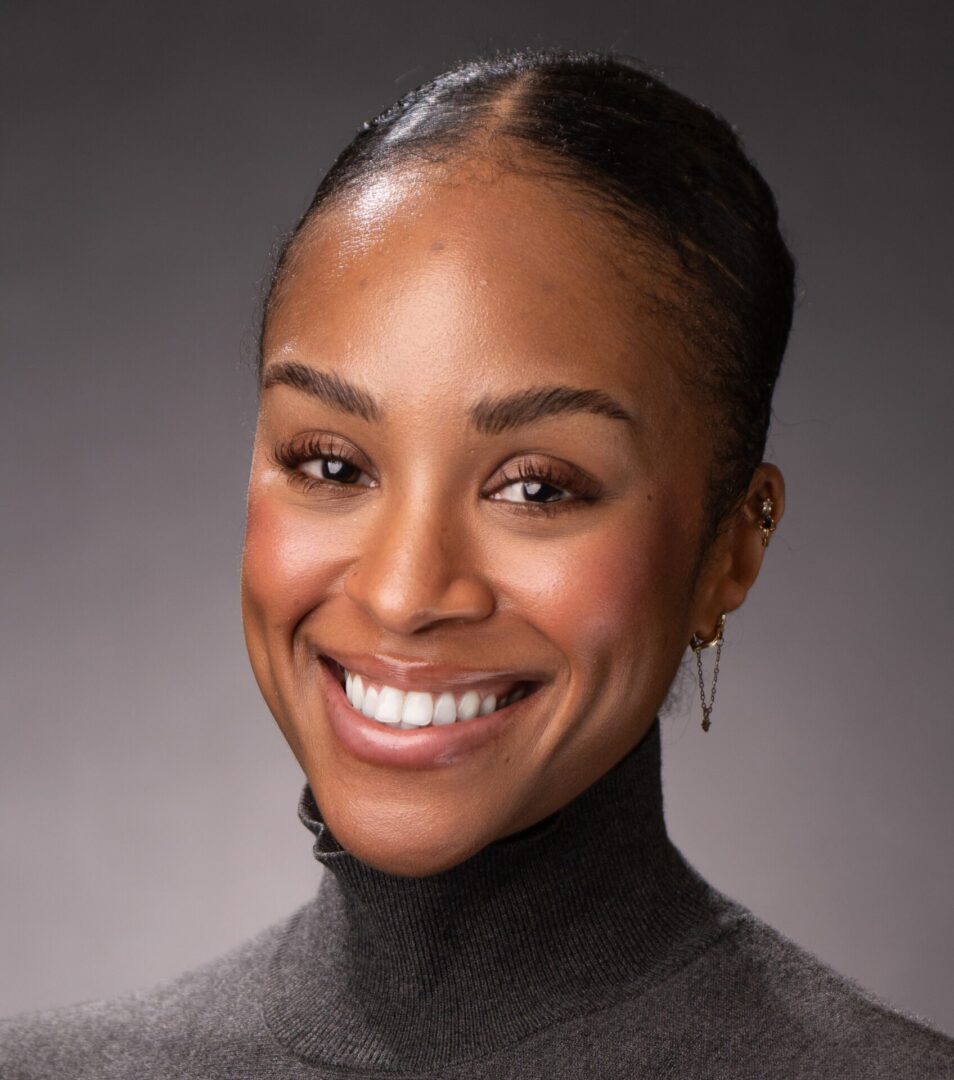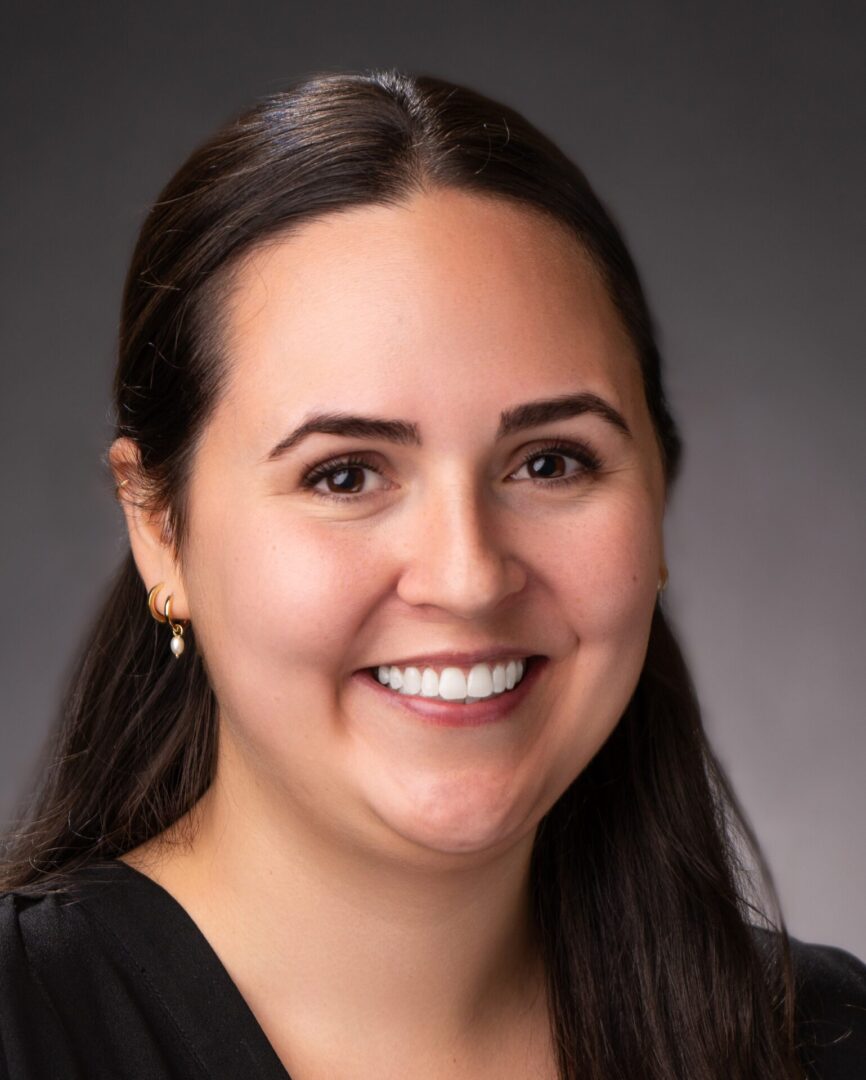Meet our Family Medicine Residents
Graduates’ Perspectives
"Of the 14 Family Medicine residency programs I interviewed at around the country, Kaiser Permanente Washington Family Medicine Residency stood out as the best for me. The integrated care delivery system, the innovative curriculum, and the inspiring program director all perfectly aligned with my interests and values. Although my small family's move from Kansas City came with some severe sticker shock (Seattle is very expensive), I wouldn't have traded my training at Kaiser Permanente Washington Family Medicine Residency for anything. It was the collegiality with residents and faculty, the values-based resident scheduling (i.e., prioritizing patient-PCP continuity, long-term learning value, and burnout prevention), the high-functioning team, the program's commitment to combat systemic racism, and the robust support at a primary-care-centric organization that made this residency program truly amazing. The personal and professional growth I experienced was unparalleled. Now, as a faculty member at a Family Medicine Residency program in the Midwest, I'm constantly suggesting how we can improve with "Where I trained, we..." I look back with pure gratitude for the patients I met, the amazing residents with whom I worked side-by-side, and the world-class educators and administrators at Kaiser Permanente Washington Family Medicine Residency in Seattle."
— Brandon Hidaka, Class of 2020
"The best part about being a resident at Kaiser Permanente Washington Family Medicine Residency is being in an environment that is truly committed to improving healthcare. On a residency level, this means that the faculty members are very open to our ideas and are there to help us make things happen. We often check in with each other and ask ourselves, 'What can we do to better support our patients and each other?' As an organization, Kaiser Permanente Washington Family Medicine Residency has a strong commitment to primary care and has recently launched an initiative called 'Advancing Primary Care,' in which we use a multidisciplinary team approach to make sure more patients, especially the patients that have the hardest time coming in, are getting all their preventative health needs met. As a resident, it is inspiring to see an entire organization make this type of commitment to primary care. It is an environment that strongly supports Family Medicine and one where new physicians thrive."
— Phyllis Ying, Class of 2019
"Training at Kaiser Permanente Washington Family Medicine Residency provides an everyday reminder of why it is so wonderful to become a family doctor. The curriculum is unique and built to model the life of a family doctor in practice. The faculty members are examples of how to follow your interests while balancing full-spectrum care. The continuity clinics are team-based and functional so that time spent in the clinic is productive both for your patients and your learning. As a resident, you have ownership over your panel of patients and have the time in the clinic to establish individual relationships early in your training. You also have amazing technology at your fingertips to ensure your patients are meeting targets for their chronic conditions and are up-to-date on preventative health care. There are both virtual and in-person opportunities to engage with specialists, and they are welcoming of our questions and extremely helpful in partnering with PCPs to best manage challenging diagnoses. All of that, and it is just a fun place to be — great people and a most supportive training environment!"
— Annie Gayman, Class of 2017

